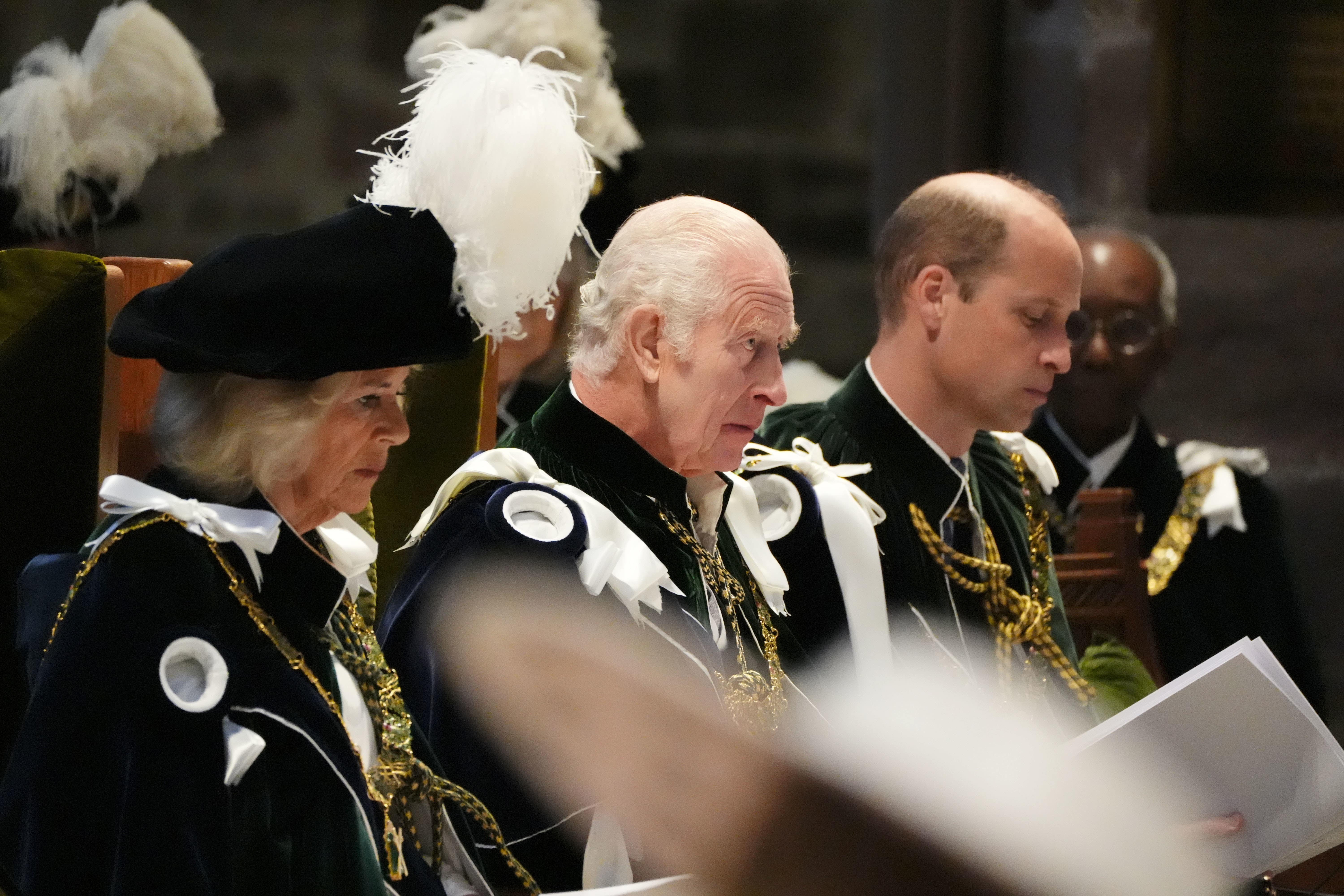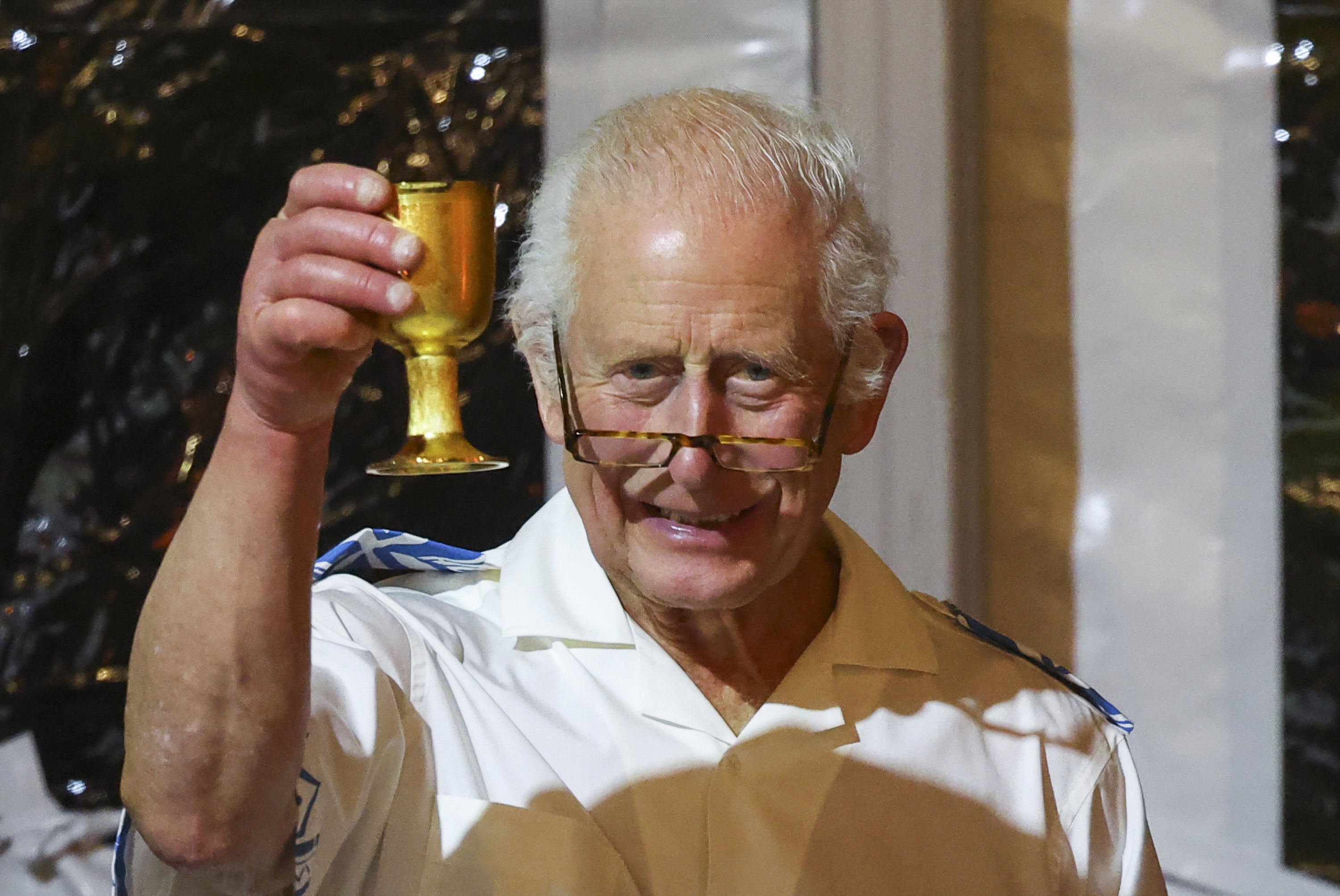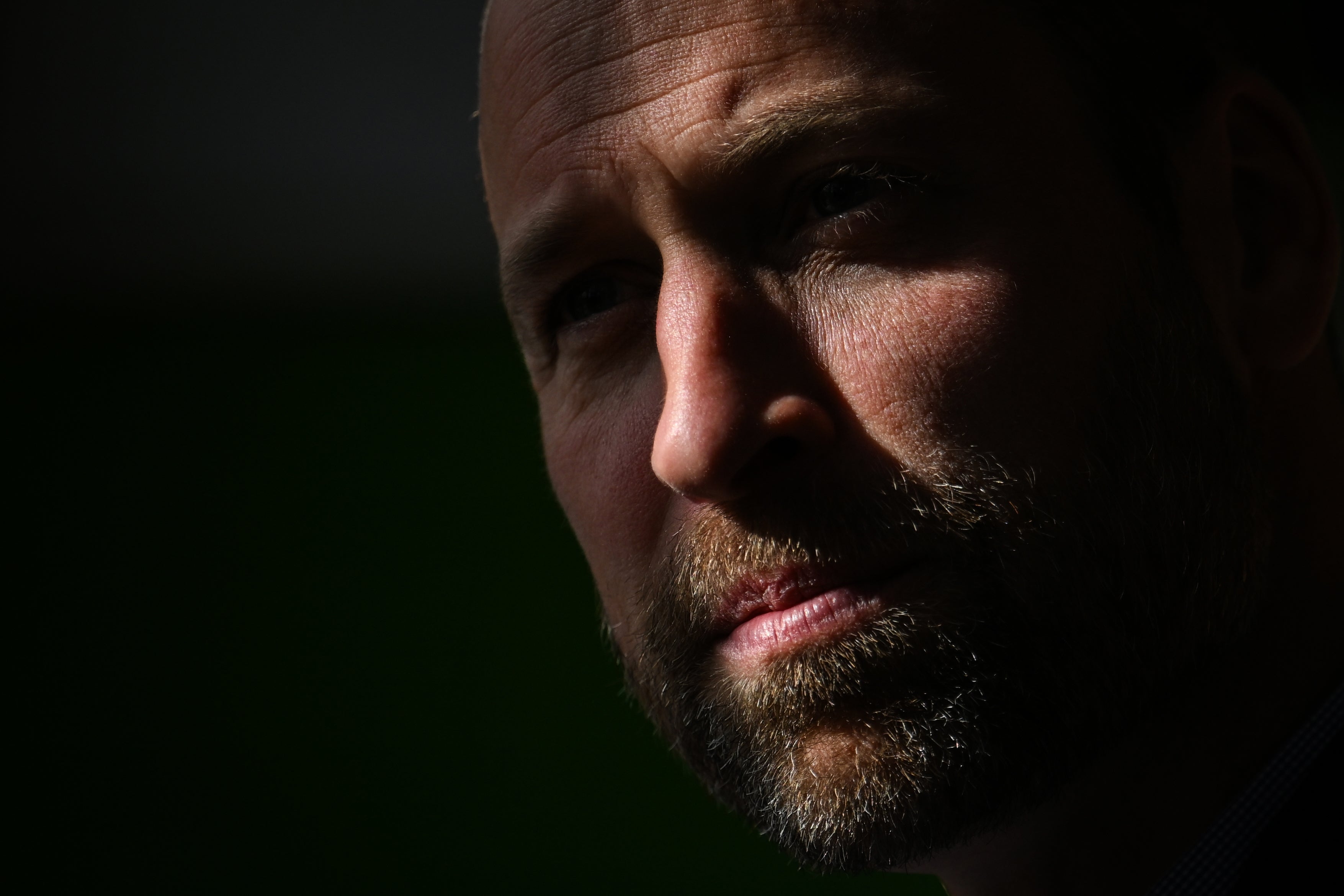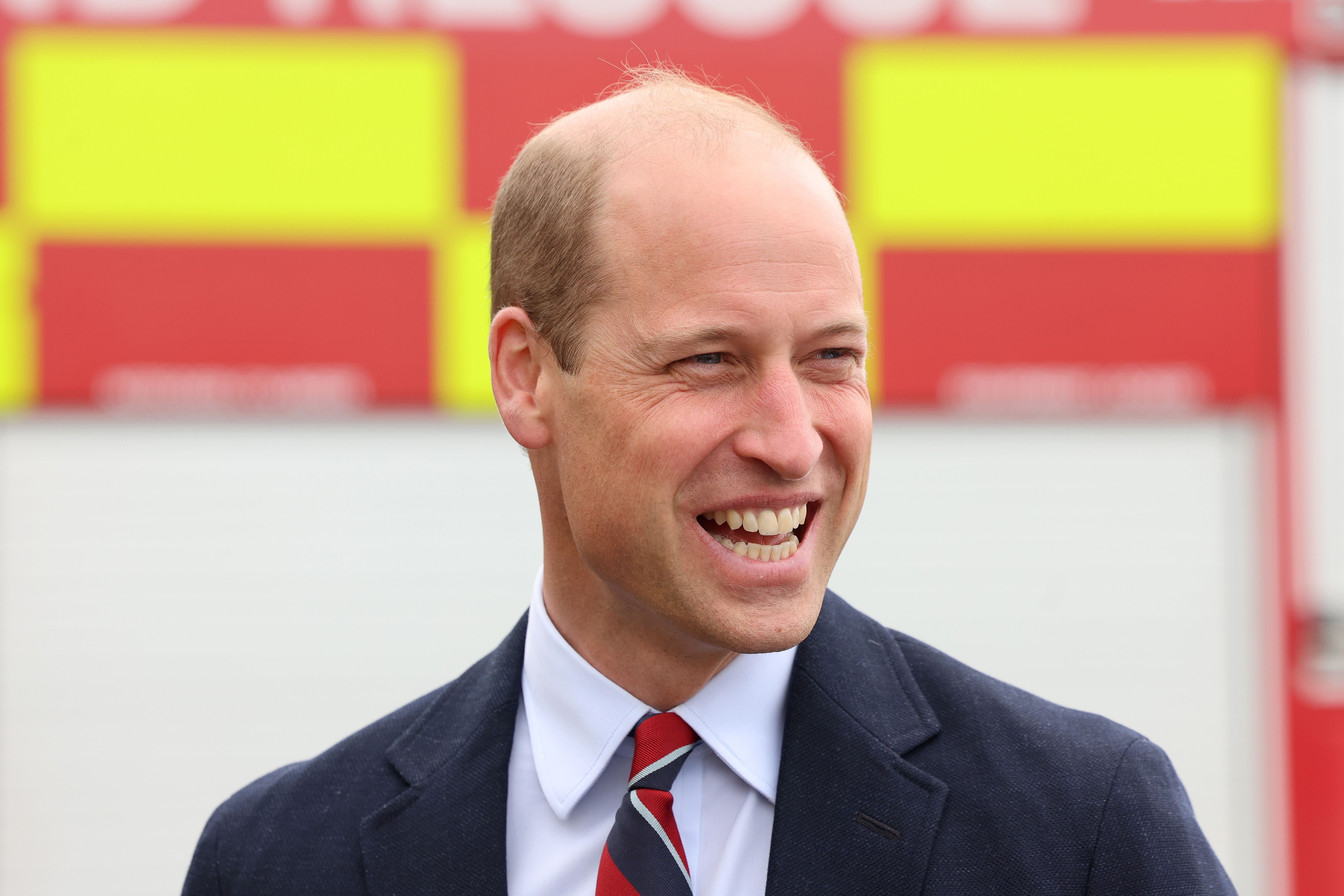King Charles and William’s royal estates ‘earn millions from NHS, armed forces and state school rents’
Channel 4’s Dispatches and the Sunday Times investigated the land and properties owned by the King and the Prince of Wales

Your support helps us to tell the story
From reproductive rights to climate change to Big Tech, The Independent is on the ground when the story is developing. Whether it's investigating the financials of Elon Musk's pro-Trump PAC or producing our latest documentary, 'The A Word', which shines a light on the American women fighting for reproductive rights, we know how important it is to parse out the facts from the messaging.
At such a critical moment in US history, we need reporters on the ground. Your donation allows us to keep sending journalists to speak to both sides of the story.
The Independent is trusted by Americans across the entire political spectrum. And unlike many other quality news outlets, we choose not to lock Americans out of our reporting and analysis with paywalls. We believe quality journalism should be available to everyone, paid for by those who can afford it.
Your support makes all the difference.The King and the Prince of Wales’s private estates earn millions of pounds from rental deals with the armed forces, the NHS and state schools, it has been reported.
An investigation by Channel 4’s Dispatches and The Sunday Times examined the land and properties the two leading royals own through the Duchies of Lancaster and Cornwall.
The investigation reported that last year the Duchy of Lancaster agreed a deal to store a new fleet of electric ambulances, owned by Guy’s and St Thomas’ NHS Trust in London, in one of the estate’s warehouses at a cost of £11.4m over 15 years.
It also said the Duchy of Cornwall had charged the navy more than £1m since 2004 to build and use jetties and moor warships on the Cornish coastline.
The duchy will also earn around £600,000 over the lifetime of six different leases agreed with local state schools, the investigation found.

The Duchy of Lancaster is a portfolio of land, property and assets across England and Wales held in trust for the Sovereign, including key urban developments, historic buildings and high-quality farm land.
The Duchy of Cornwall is a similar portfolio valued at more than £1bn which provides an income for the heir to the throne. Both estates are exempt from paying corporation tax or capital gains tax.
Further claims made of the Duchy of Cornwall include that it signed a £37m deal to lease Dartmoor Prison to the Ministry of Justice and a deal with the Ministry of Defence to allow the Armed Forces to train on Dartmoor land.
Last year the King asked for profits from a £1bn-a-year Crown Estate wind farm deal to be used for the “wider public good” rather than as a funding boost for the monarchy.
But the investigation also found that Charles would still make at least £28m from wind farms because of a feudal right to charge for cables crossing land belonging to the Duchy of Lancaster.

There are further claims from the investigation, working with the Mirror newspaper, that private residential properties rented out by both duchies fail to meet minimum energy efficiency requirements.
Some 14 per cent of homes leased by the Duchy of Cornwall and 13 per cent by the Duchy of Lancaster have a performance rating of F or G, despite it being against the law for landlords to rent out properties rated below an E since 2020, the investigation reported.
Charles’s annual income from the Duchy of Lancaster rose by 5 per cent to £27.4m in 2023-24, according to accounts published by the estate in July.
William received an annual private income of more than £23.6m from the Duchy of Cornwall last year, accounts showed.
The income from both the duchies is separate from the taxpayer-funded Sovereign Grant which pays for the monarch’s official duties.
Neither the King nor the Prince of Wales are legally obliged to pay income tax but both have offered to do so.
Responding to the claims, a Duchy of Lancaster spokesperson said: “The Duchy of Lancaster operates as a commercial company, managing a broad range of land and property assets across England and Wales. It complies with all relevant UK legislation and regulatory standards applicable to its range of business activities.
“The Chancellor of the Duchy of Lancaster is responsible to the Sovereign for the administration of the Duchy. However, he/she delegates certain functions, particularly those regarding asset management, to the Duchy Council.
“While His Majesty The King takes a close interest in the work of the Duchy, the day-to-day management of the portfolio is the responsibility of the Council and executive team.
“The Duchy has made a number of key environmental improvements in recent years, delivering a significant increase in the number of A+, A and B EPC ratings awarded to our properties as a result of refurbishment or restoration works.

“Currently, over 87% of all Duchy let properties are rated E or above. The remainder are either awaiting scheduled improvement works or are exempted under UK legislation.”
A Duchy of Cornwall spokesperson said William was committed to “an expansive transformation” of the estate.
They said in a statement: “The Duchy of Cornwall is a private estate with a commercial imperative which we achieve alongside our commitment to restoring the natural environment and generating positive social impact for our communities.
“Prince William became Duke of Cornwall in September 2022 and since then has committed to an expansive transformation of the Duchy.
“This includes a significant investment to make the estate net zero by the end of 2032, as well as establishing targeted mental health support for our tenants and working with local partners to help tackle homelessness in Cornwall.”
Buckingham Palace declined to comment.